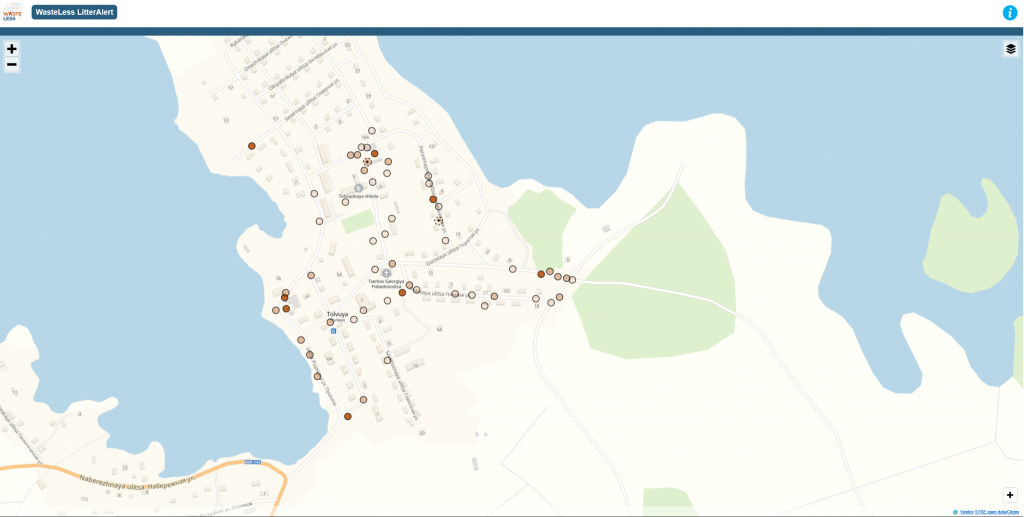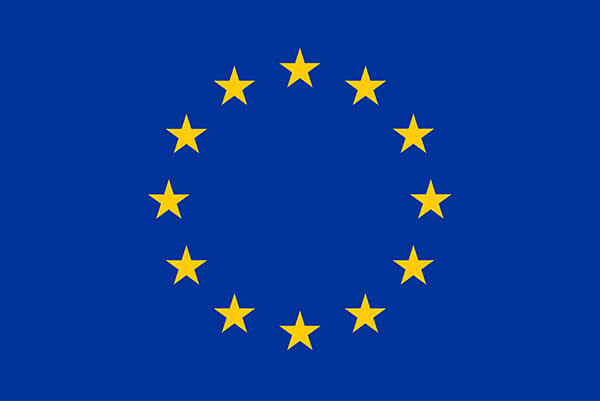WastelessKarelias project makes Karelia cleaner
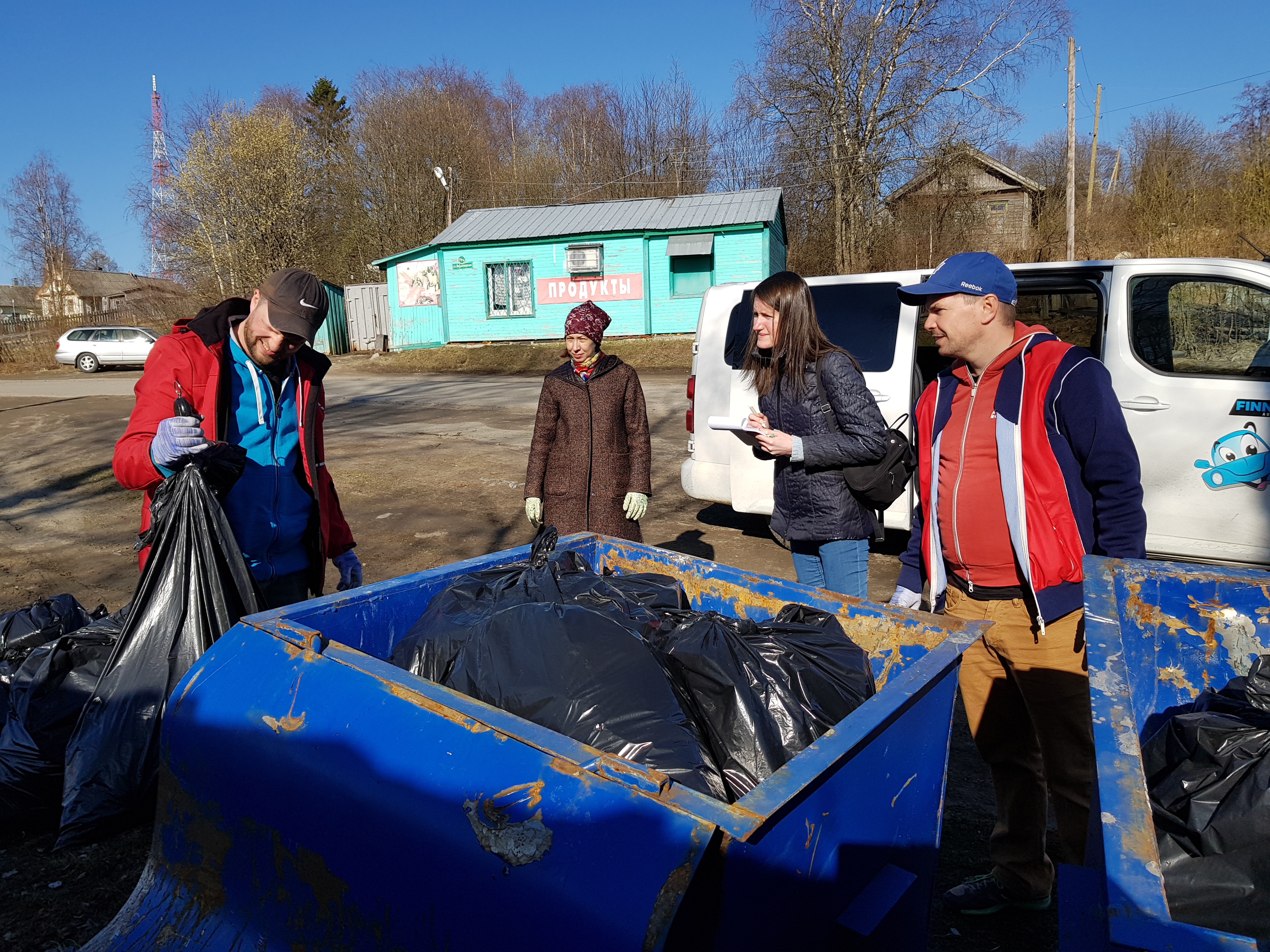
In late April - early May, WastelessKarelias project team conducted trainings on eco-friendly lifestyles and waste sorting in three Karelian schools: Tolvuja, Vedlozero and Naistenjärvi. We told students what is happening today in the field of waste management in Russia and Europe, talked about basic eco-habits (eco-activist and blogger Margarita Bekirova helped us a lot with this), we conducted an educational quiz about waste recycling with high-school children, and we played a waste sorting game in elementary school. A total of 351 students and teachers took part in the training.
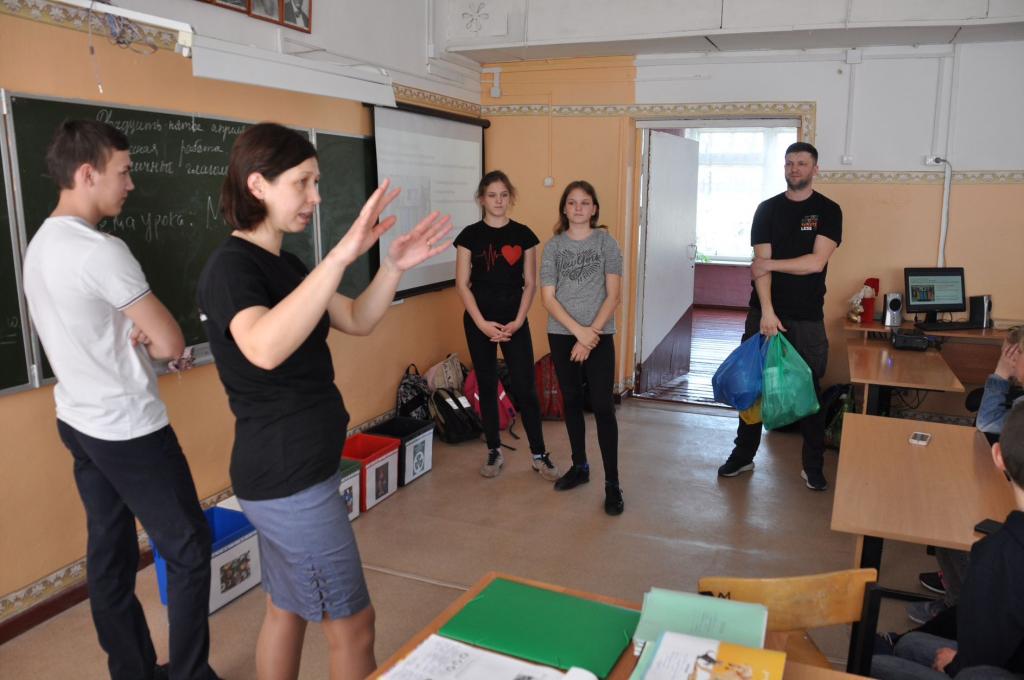
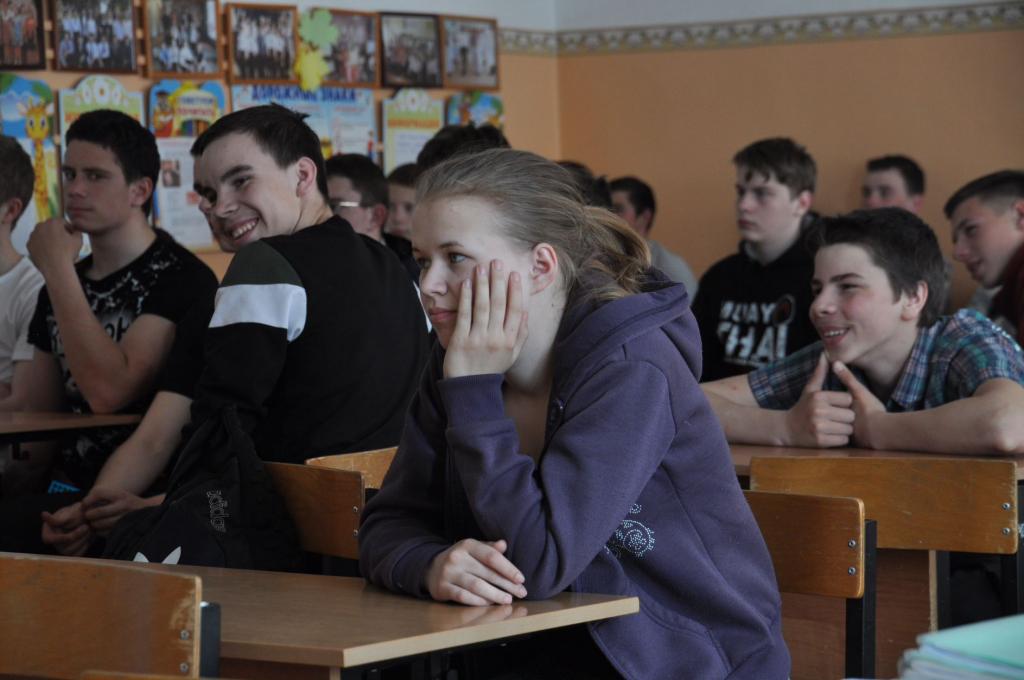
We have also acquainted students with the results of a survey conducted in these schools, where many of them recognized their villages as dirty, and agreed that the litter on the streets bothers them. The most popular answers to the question of how to deal with littering were the options "to hold more collective clean-ups" and "to install more garbage containers." With this both, WastelessKarelias project is ready to help.
As to the clean-up events, the next day after the trainings, we held school clean-ups and collected both mixed and sorted waste, e.g. plastic bottles and aluminum cans. On a clean-up day in Tolvuja, we collected almost 300 kg of waste, and more than 550 kg in Vedlozero. It was decided to postpone the clean-up in Naistenjärvi till June due to weather conditions.
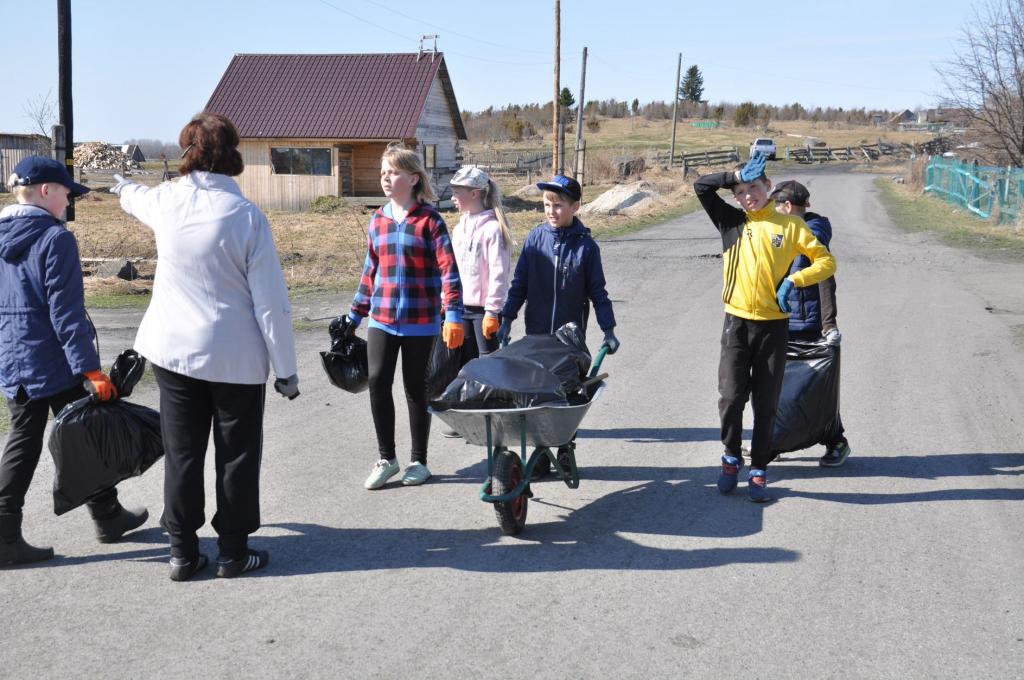
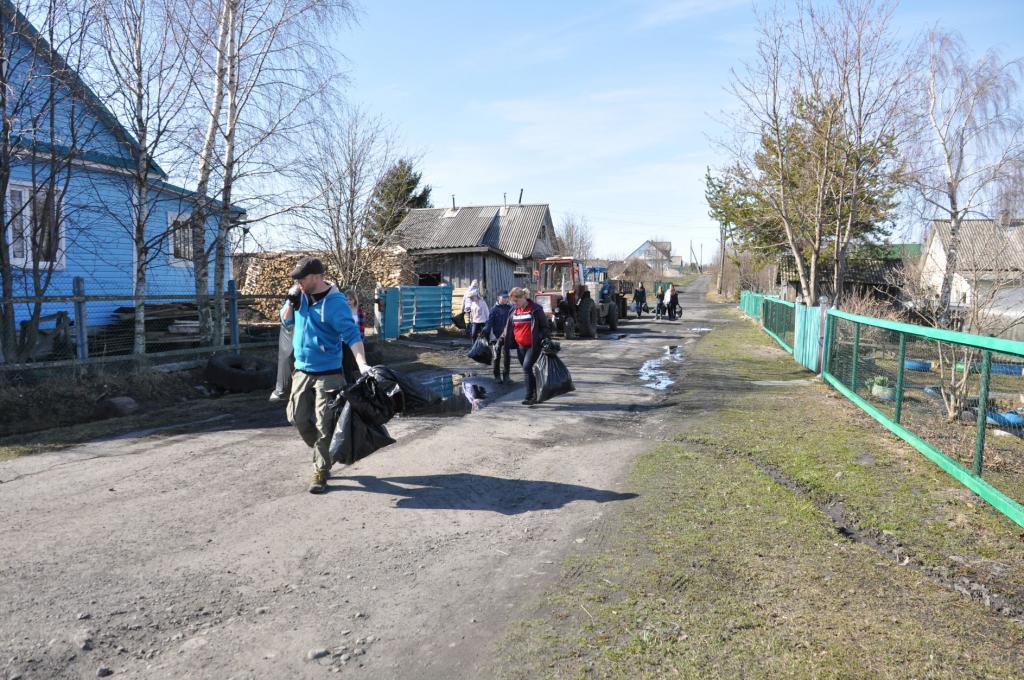
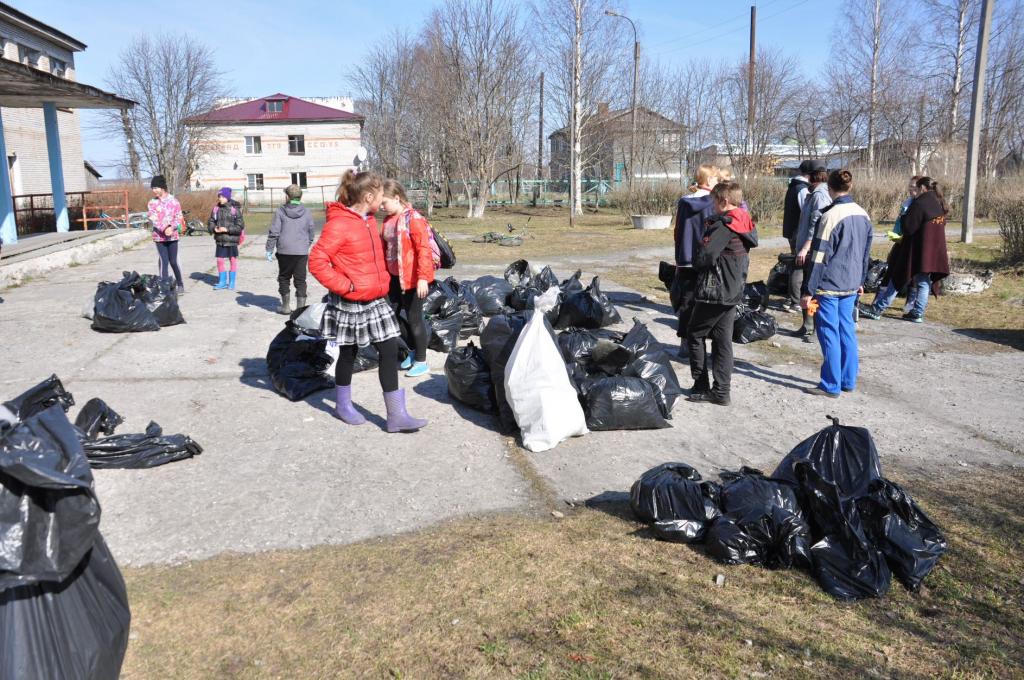
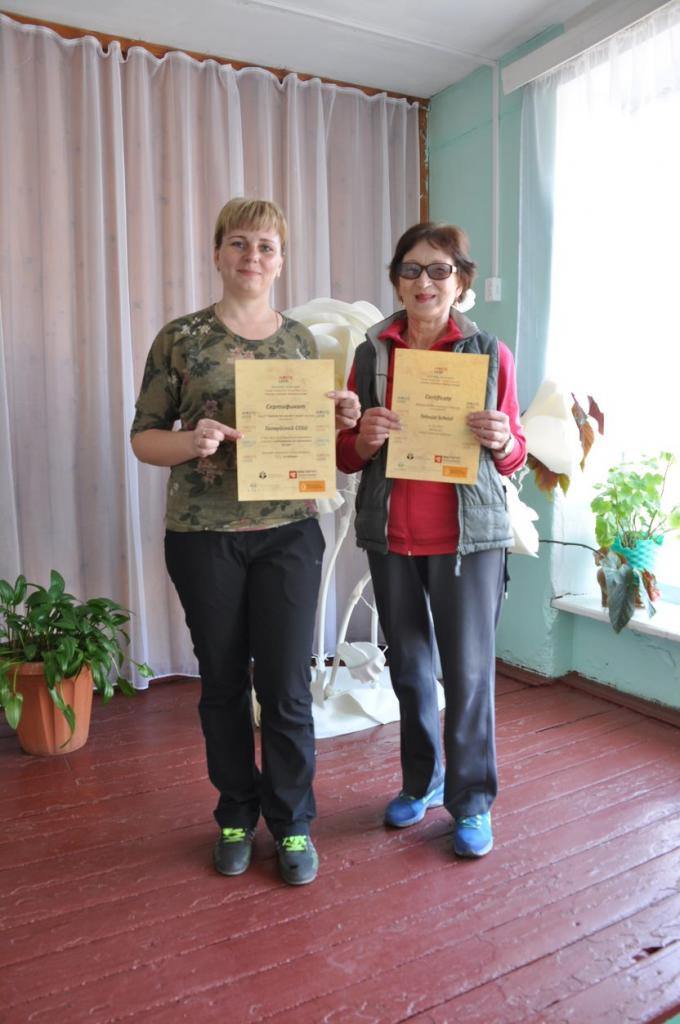
Since so far in Karelian villages there are no containers for sorted waste, we transported collected plastic and metal to Petrozavodsk to Kalipso sorting station, with whom we are searching for waste sorting solutions in rural areas.
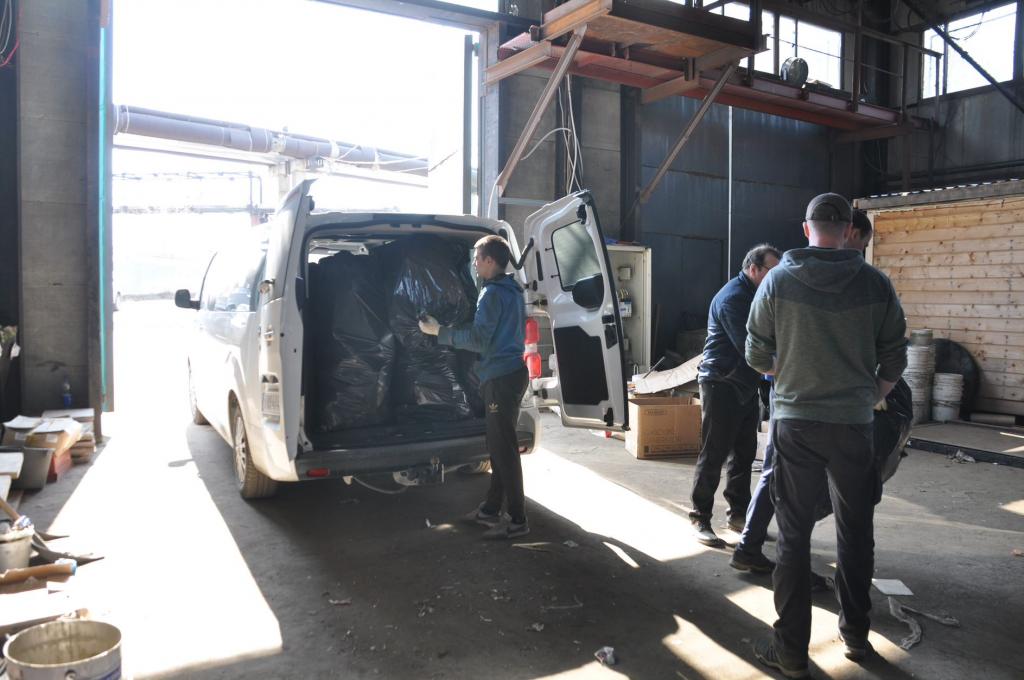
In order to identify the most littered places in each village, our team conducted a mapping using the LitterAlert tool developed under the project. It marks all littered areas and places in each village, as well as specifies the types of waste presented. In the future, we will try to pay special attention to these places, which most often become spontaneous illegal dumps inside the settlements. Together with local administrations we will look for solutions to waste management problems.
